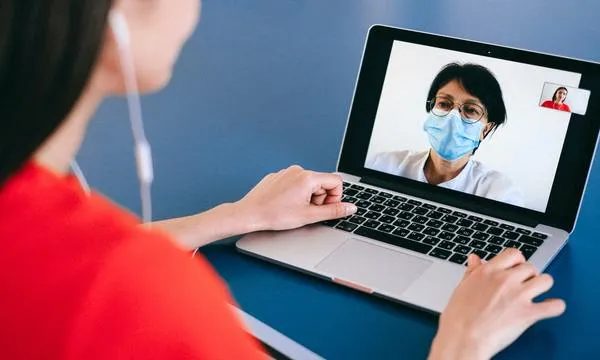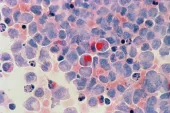
COVID-19 jumpstarts Indonesia's telehealth industry
The government has quickly made digital health platforms available to address the pandemic.
COVID-19 will serve as a catalyst for the greater adoption of telehealth and other digital healthcare solutions in Indonesia, reports Fitch Solutions, with the experiences gathered during the pandemic likely to define a ‘new normal’ for the healthcare industry.
The country’s largest telehealth firms, including Alodokter, Halodoc and GrabHealth—a joint venture between Singapore ride-hailer Grab and Ping An Good Doctor from China’s Ping An Healthcare and Technology—have seen their usage skyrocket since the beginning of the pandemic in the country.
Notably, Indonesia’s Ministry of Health has partnered with ride-hailing company Gojek and telemedicine provider Halodoc for quick COVID-19 diagnostics in remote areas. Many major hospital operators in Indonesia have also launched their own teleconsultation services to tap into the growing telemedicine market in the country. For example, Siloam Hospital launched its online outpatient services in partnership with Aido Health, an online healthcare provider.
The shortage of doctors and beds in relation to population is another factor which is compelling the archipelago to adopt telecare. According to a 2017 WHO finding, Indonesia has only 4 doctors and 12 hospital beds for every 10,000 people, whereas Singapore has six times more and Thailand has twice more than that.
To mitigate this pressure on the healthcare system, Indonesian authorities will actively support the use of telehealth, the report added.



















 Advertise
Advertise





